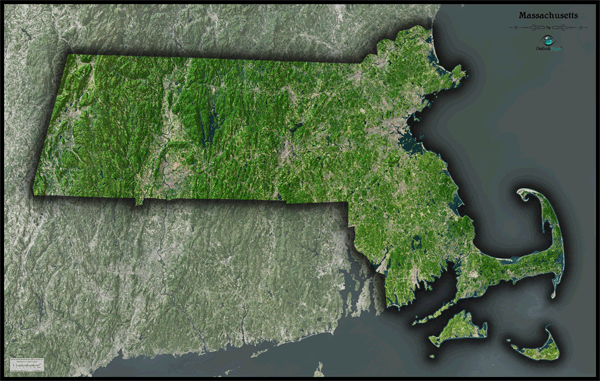The process of settling among and then taking control over an Indigenous group and their lands.
El proceso de asentamiento y posterior toma de control sobre un grupo indígena y sus tierras.
What is colonization?
This part of HIPP describes the broader historical events or setting around the document.
Esta parte de HIPP describe los acontecimientos históricos más amplios o el contexto en torno al documento.
What is Historical Situation?
In TEA, the “T” stands for this.
En TEA, la “T” representa esto.
What is Topic Sentence?
 This Northeastern state is home to New York City.
This Northeastern state is home to New York City.
Este estado del noreste alberga la ciudad de Nueva York.
What is New York?
The first permanent English settlement in North America.
El primer asentamiento inglés permanente en América del Norte.
What is Jamestown?
This part of HIPP asks you to identify who the author was trying to reach.
Esta parte de HIPP le pide que identifique a quién intentaba llegar el autor.
What is Intended Audience?
In TEA, the “E” stands for this.
En TEA, la “E” representa esto.
What is Evidence?
 This state is known for Boston, one of the oldest cities in the United States.
This state is known for Boston, one of the oldest cities in the United States.
Este estado es conocido por Boston, una de las ciudades más antiguas de Estados Unidos.
What is Massachusetts?
A system where a country attempts to maximize its wealth through trade; maximizing exports.
Un sistema en el que un país intenta maximizar su riqueza a través del comercio; maximizando las exportaciones.
What is mercantilism?
This part of HIPP asks you to explain why the document was created.
Esta parte de HIPP le pide que explique por qué se creó el documento.
What is Purpose?
In TEA, the “A” stands for this.
En TEA, la “A” representa esto.
What is Analysis?
This state is the smallest in the U.S. by land area.
Este estado es el más pequeño de los EE. UU. por superficie terrestre.
What is Rhode Island?
The names of the 3 English Colonial Regions.
Los nombres de las tres regiones coloniales inglesas.
What are New England, Middle, and Southern?
This part of HIPP asks you to consider the author’s perspective, position, or background.
Esta parte de HIPP le pide que considere la perspectiva, posición o antecedentes del autor.
What is Point of View?
Example — “Someone who owns a dog might spend time every day going on walks to take care of it.” Which part of TEA is this? (potentially)
Ejemplo: «Alguien que tiene un perro podría dedicar tiempo todos los días a pasearlo para cuidarlo». ¿Qué parte de TEA es esta? (Potencialmente)
What is Evidence?
 This state borders Canada and is known for its maple syrup.Este estado limita con Canadá y es conocido por su jarabe de arce.
This state borders Canada and is known for its maple syrup.Este estado limita con Canadá y es conocido por su jarabe de arce.
What is Vermont?
The name of the Native people initially encountered by Columbus and his men.
El nombre del pueblo nativo con el que se encontraron inicialmente Colón y sus hombres.
What is Taino?
In a source, a person expressing pride, happiness, or any emotion would probably show which HIPP category most clearly?
En una fuente, una persona que expresa orgullo, felicidad o cualquier emoción probablemente mostraría qué categoría HIPP más claramente.
What is Point of View?
When should you restate the question in your own words as to provide your answer/opinion on said question? (T, E, or A?)
¿Cuándo debes reformular la pregunta con tus propias palabras para proporcionar tu respuesta/opinión sobre dicha pregunta? (¿V, E o A?)
What is Topic Sentence?
 This state is both one of the 13 colonies and home to Philadelphia, where the Declaration of Independence was signed.
This state is both one of the 13 colonies and home to Philadelphia, where the Declaration of Independence was signed.
Este estado es a la vez una de las 13 colonias y hogar de Filadelfia, donde se firmó la Declaración de Independencia.
What is Pennsylvania